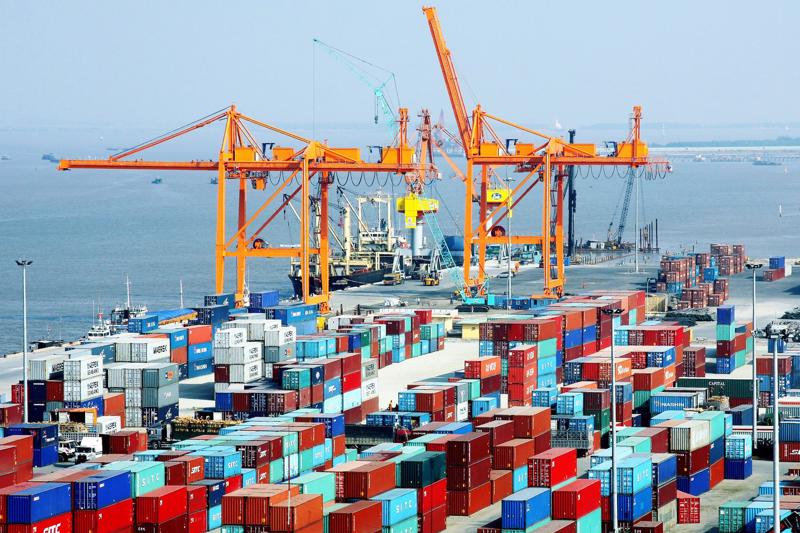Vietnam and Brazil are celebrating 35 years of diplomatic relations, a period marked by burgeoning trade and high-level political exchanges.
Yet, as the two countries work to elevate their relationship, Vietnamese exporters face stiff competition and logistical bottlenecks in the Brazilian market.
Since establishing ties in 1989, Vietnam and Brazil have fostered a Comprehensive Partnership, highlighted by recent visits from both Prime Minister Pham Minh Chinh and business delegations.
Bilateral trade soared to $7.11 billion in 2023, and in the first quarter of 2024, reached $2.2 billion.
Vietnam's Diverse Exports Face Competition
Vietnam's exports to Brazil are diverse, including suitcases, transportation equipment, steel, rubber, phones, textiles, and machinery. Seafood exports are demonstrating robust growth. However, Vietnamese goods face intense competition in both quality and price from regional rivals such as China, Thailand, and Indonesia.
"Vietnamese businesses have many opportunities to boost exports to Brazil, but competition is a major factor," remarked Ngo Xuan Ty, Head of the Vietnam Trade Office in Brazil.
Conversely, Vietnam relies on Brazil for critical inputs. In the first quarter of 2024, Vietnam's imports of Brazilian animal feed, raw materials, cotton, corn, soybeans, and ores, among others, surged by 38%. This reflects the competitiveness and quality of Brazilian commodities, essential for Vietnam's domestic production.
Logistical Costs and Market Access
A key obstacle for Vietnam is the high logistical costs associated with the long distance between the two countries. This directly impacts the competitiveness of Vietnamese exports in the Brazilian market.
Additionally, Vietnamese businesses often lack proactiveness in expanding into this market. "Subjectivity and a lack of market knowledge hinder greater export success," explained Mr. Ty.
Solutions for the Future
To enhance trade, experts recommend that Vietnamese exporters prioritize promotional activities in Brazil, such as participating in trade fairs and exhibitions. Further developing Vietnam's logistics sector could significantly reduce export costs.
Mr. Ty also advocates for establishing a direct flight route linking the commercial hubs of Ho Chi Minh City and Sao Paulo. This would streamline trade and potentially lower costs.
Finally, closer coordination between Vietnamese exporters and domestic businesses would strengthen Vietnam's position in the Brazilian market.
Collaboration could also bolster efforts to open negotiations on a free trade agreement between Vietnam and the MERCOSUR trade bloc, of which Brazil is a leading member.
As Vietnam and Brazil commemorate their long-standing diplomatic relationship, there is clear momentum to elevate trade even further.
Addressing the challenges of logistics, competition, and market awareness will be crucial in unlocking the full potential of this promising economic partnership.









 Google translate
Google translate